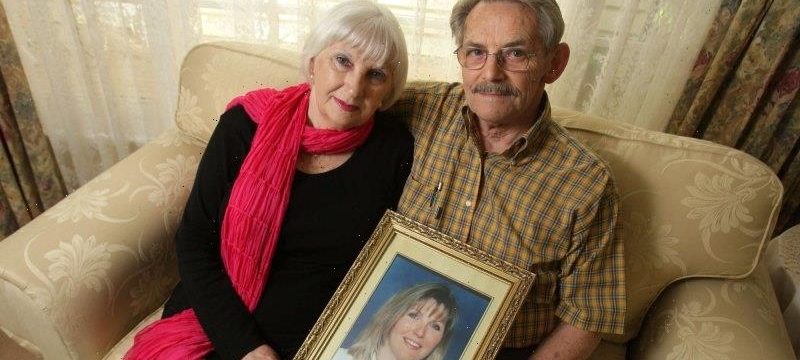In an Australia first, Victoria’s cold case homicide investigators are set to throw open their files and ask the public to help find the killers.
Police will launch a new murder hub as part of a push to solve a series of unsolved murders by directly appealing to lost witnesses who they believe hold the key in some of Victoria’s most baffling homicides.
Each murder has been selected after a panel decided they are close to being solved.
Using a technique developed in Canada, police will launch the Cold Case Hub to concentrate on some of Victoria’s more than 200 unsolved murders.
In each case the details of the murder, an update on the state of the investigation and an interview with a lead detectives will be available online.
“It will be a single source of truth in these cases,” homicide head, Detective Inspector Tim Day, said.
Five cases have been selected from the unsolved murders that stretch back to 1951. Two more will be added each month.
The first five cases to be highlighted are:
- Jane Thurgood-Dove, who was killed in the driveway of her Niddrie home in November 1999 in a case believed to be a mistaken identity hit.
- Fiona Burns and John Lee, teenagers who were stabbed to death while hitchhiking near the Victorian-South Australian border. Their bodies were discovered at Kaniva just off the Western Highway on October 18, 1990. Police say it was a possible thrill-kill.
- Samantha Mizzi who was bashed and sexually assaulted in Brighton Road, St Kilda, in March 1994.
- In May 1989 Chris Phillips, 42, was ambushed in his Gaybre Court, Cheltenham home. He was bashed and his throat cut. Two kitchen knives were found next to the bodyThe victim was discovered by his wife Stella who had been out of the house for two hours for a child’s piano lesson. The house was ransacked in what police believe was an attempt to make the crime appear to have been a burglary gone wrong.
- Christos Saristavros, 44, the founder of Black Swan Dips, was shot dead on October 22, 2000, as he returned to his car with his wife after attending a charity function in Box Hill. Police believe it was a random armed robbery gone wrong.Mr Saristavros struggled with an armed attacker and was shot in the chest. Despite being seriously wounded he chased the offender before he was fatally shot in the head.
Assistant Commissioner Bob Hill said information and assistance from the public often helped to solve cases.
“We are hoping that these cases, and the ones you will see in coming months, receive the same kind of support from our community,” he said.
Assistant Commissioner Bob Hill.Credit:Joe Armao
The cases are those police believe are the most solvable. In each case investigators have strong leads and believe the online appeal may find the missing information.
“We have triaged the cases to highlight those where there remain strong lines of inquiry,” said the head of the cold case unit, Detective Senior Sergeant Paul Scarlett. “We believe they can be resolved.”
Inspector Day said there are people in the community with the right information to solve these cases. “History has repeatedly shown that murder is often not a secret that someone keeps to themselves,” he said. “It is never too late to speak up and tell police what you know.
John and Helen Magill with a picture of their murdered daughter, Jane Thurgood-Dove. Credit:Wayne Taylor
“It could be that your piece of information is the missing piece of the investigative jigsaw puzzle and the one that makes all the difference.”
In the case of James Russouw, murdered in Burwood East in 2008, the case was only solved after a witness identified the killer’s gait from a piece of CCTV released by police eight years later.
An alibi witness was then approached who admitted he lied to protect the murderer.
The breakthrough in the 1983 murder of Shepparton teenager Michelle Buckingham came after a public appeal saw a key witness identify the killer 29 years later.
Inspector Day recommended the approach after observing the system in Toronto called Never Give Up.
It was part of his 2018 Churchill international research project. “It has helped solve some difficult murders.”
Anyone with information should contact Crime Stoppers on 1800 333 000.
Most Viewed in National
From our partners
Source: Read Full Article


